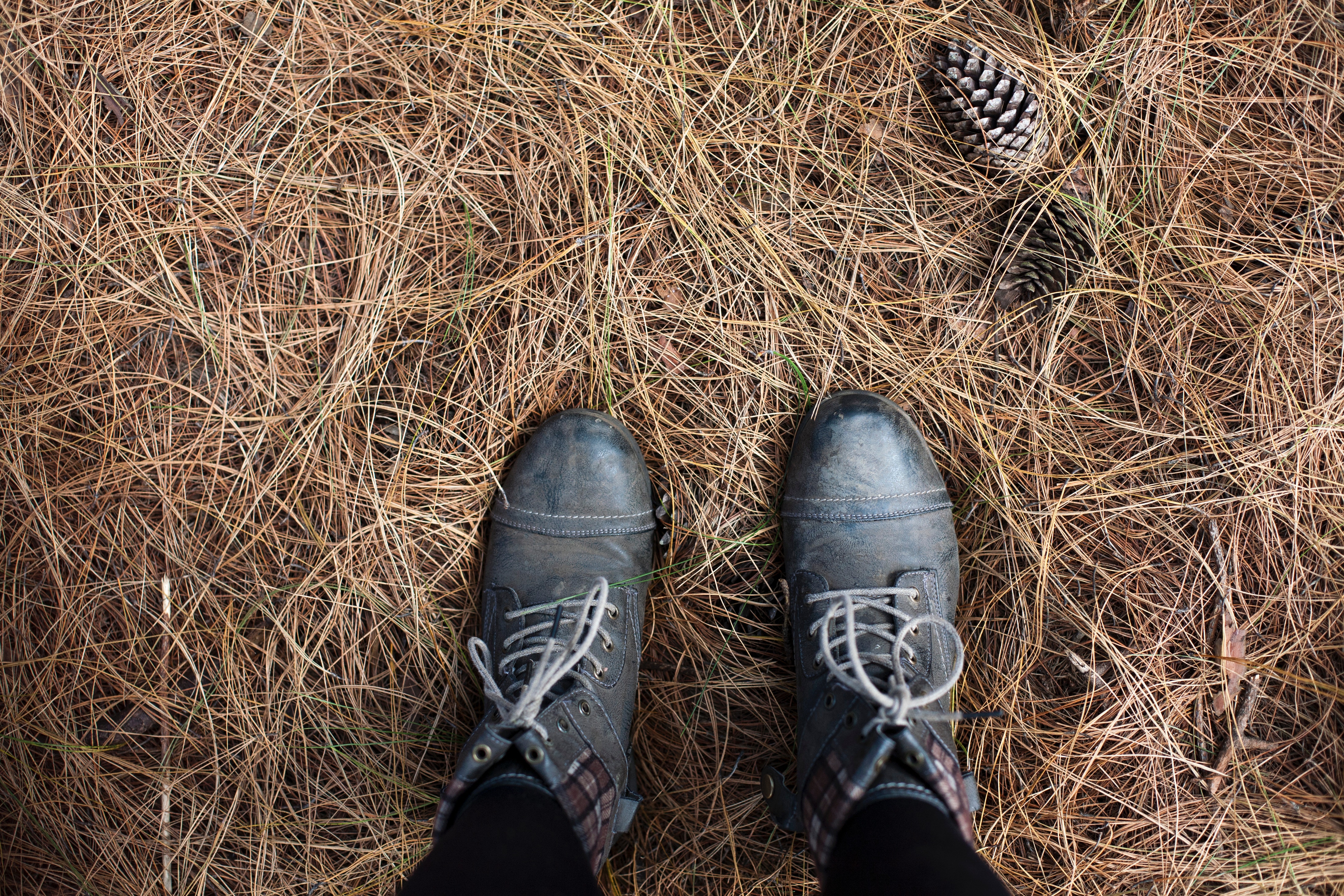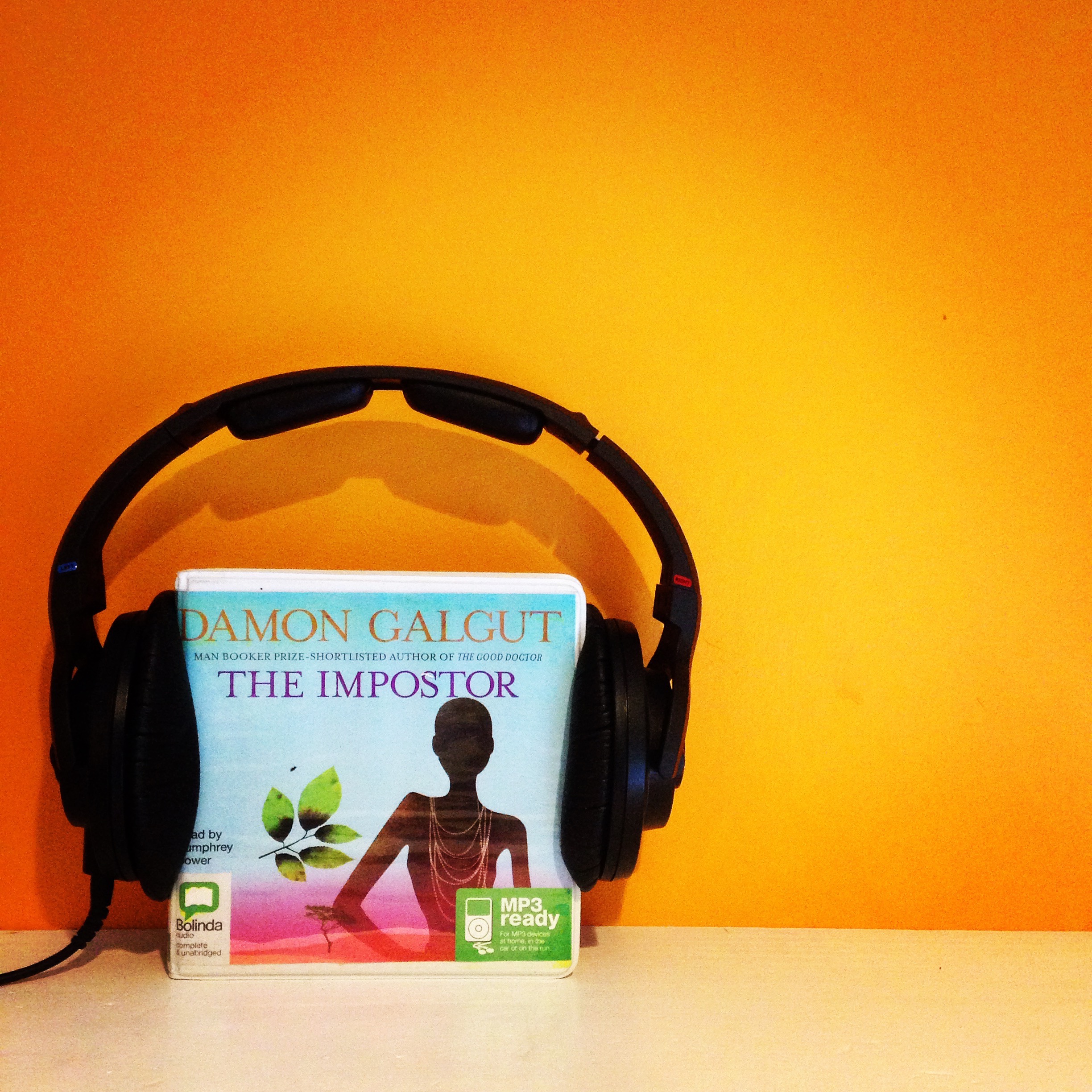These boots were made for walking: writing rituals
I have very few writing rituals, things that I actually need in order to write. Having children has focused me in a way nothing else ever could because until this year I wrote in the cracks of life. I grabbed an hour while the littlest slept and the two older children were at school, or while the bloke took the lot of them down to the park. I learnt how to ignore the housework and sit down at my computer and just go. When time is limited every second counts.
This year, for the first time, I have all three of my children at school. But that ability to sit down and get on with it is now ingrained. There is only one thing that I need before I start writing: coffee. It doesn’t matter where I write (my study, the library, cafés) but I need (good) coffee. The caffeine helps my fingers fly across the keyboard, but in reality it is just a ritual. A small thing that signals a shift into a different mindspace.
Mostly I work from home. In some minds this seems to translate into me swanning about the house, and writing the odd sentence or two. It’s as far from that as you can get. There is zero swanning involved. It’s a job like any other, except that I don’t take a lunch break or stop for cake to farewell some colleague or chat about the weekend in the staff room. After I’ve done the school drop-off I take five minutes to make coffee, then get stuck straight into it, drinking at my desk while I read back over a little of the previous day’s writing to get me started.
Read More »These boots were made for walking: writing rituals
Because I try to cram in as much as I can between my working hours of 9.30 to 2.30 while the kids are at school, for lunch I eat last night’s dinner, or whatever I can scrounge from the fridge that requires zero prep time, at my desk. Last week Master 10 was home for a couple of days. He was sick enough to be off school, but well enough to entertain himself, so I kept working. That day I took a proper break to eat lunch with him. ‘Your work is intense, Mum,’ he said to me with mild admiration. ‘You don’t stop.’
 But there is one exception, my second ritual: a daily walk. Sitting on your bum for hours is not the best, so in the middle of the day I get out of the house and walk. It gets everything moving again, but it’s also the best way to reset and prepare for the afternoon. At the moment I’m finishing a novel, and on Monday to Wednesday I divide my day roughly down the middle. Morning is for writing, afternoon is for all my non-writing activities: editing other writers’ manuscripts; developing any workshops I might be running; prep for my university editing seminars or upcoming events; answering emails and other admin, and so on. (Thursday and Friday are dedicated solely to editing.) In-between I clear the cobwebs with a walk.
But there is one exception, my second ritual: a daily walk. Sitting on your bum for hours is not the best, so in the middle of the day I get out of the house and walk. It gets everything moving again, but it’s also the best way to reset and prepare for the afternoon. At the moment I’m finishing a novel, and on Monday to Wednesday I divide my day roughly down the middle. Morning is for writing, afternoon is for all my non-writing activities: editing other writers’ manuscripts; developing any workshops I might be running; prep for my university editing seminars or upcoming events; answering emails and other admin, and so on. (Thursday and Friday are dedicated solely to editing.) In-between I clear the cobwebs with a walk.

Sometimes I listen to a writing podcast, sometimes I don’t want words filling up my ears. However there is a danger inherent in walking after having written all morning. Sometimes I tune out of the podcast and begin unknotting some issue with my novel, or ‘writing’ a new scene. The mind is a strange thing, often I don’t realise I’ve even been subconsciously doing this until the solution presents itself to me. Of course then I have to get that down on paper which means the afternoon’s work gets shunted to the evening or the weekend. But hey, that kind of flexibility is why I love working from home.
Writing and walking commonly go hand in hand. I know so many writers who walk to work out thorny problems with their manuscripts. I’m fortunate that I live in a house looking to the hills, so my walk is accompanied by a vista over the valley to the Brindabellas. Honestly, I never tire of it. It fills me up every single day. And at the moment, when I’m in the middle of a particularly busy couple of months, it’s an indispensable pause in an otherwise ‘intense’ day.








